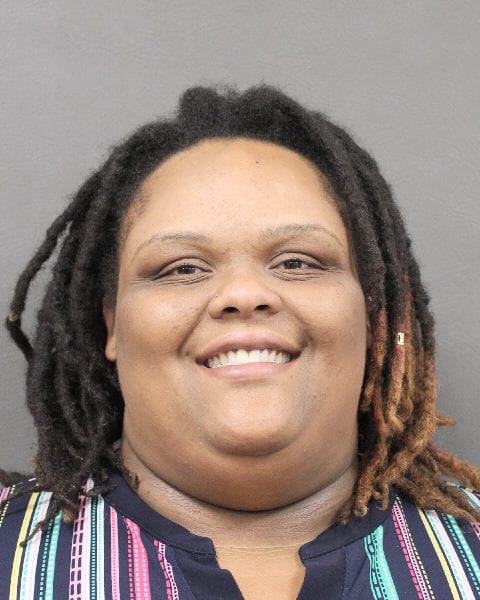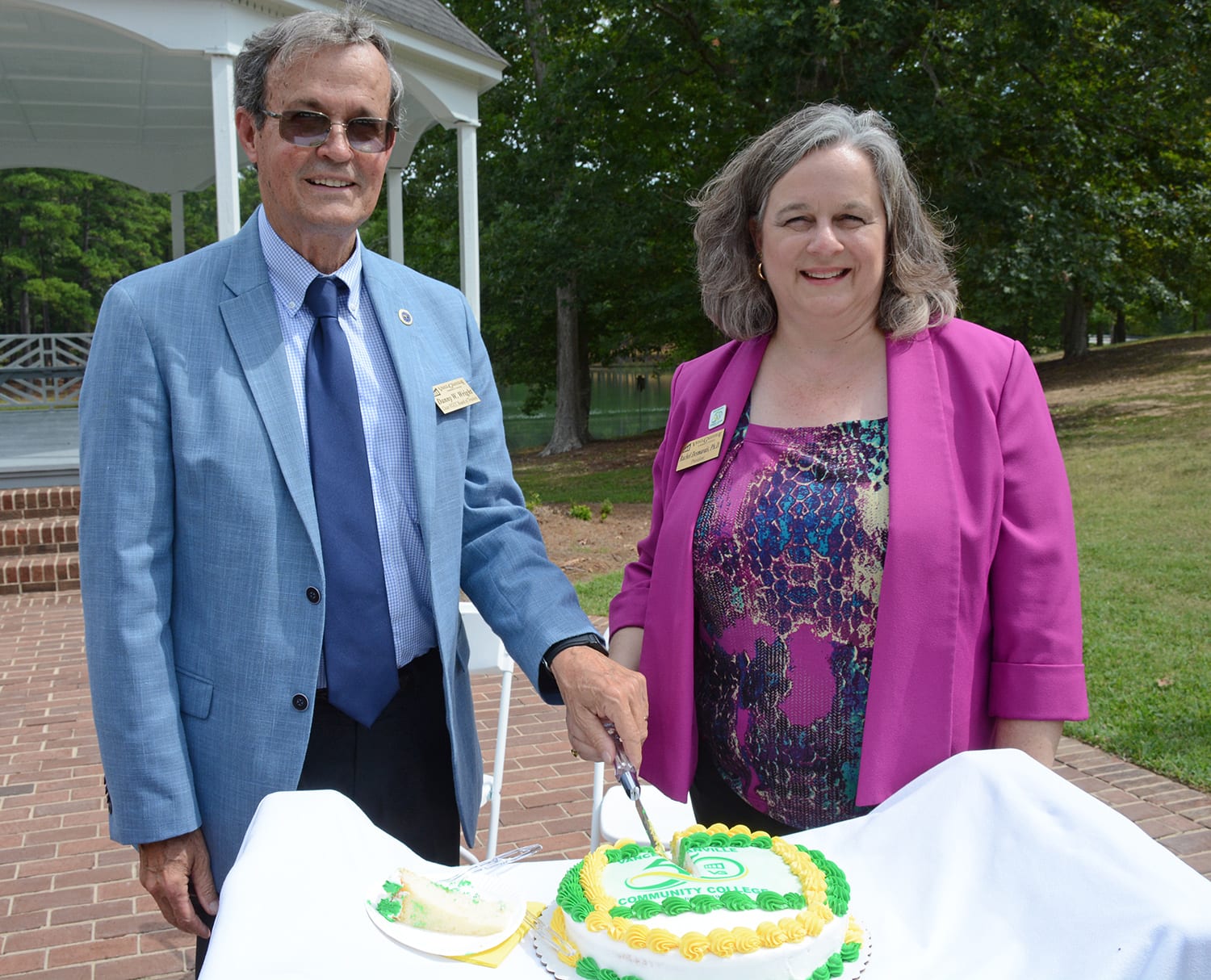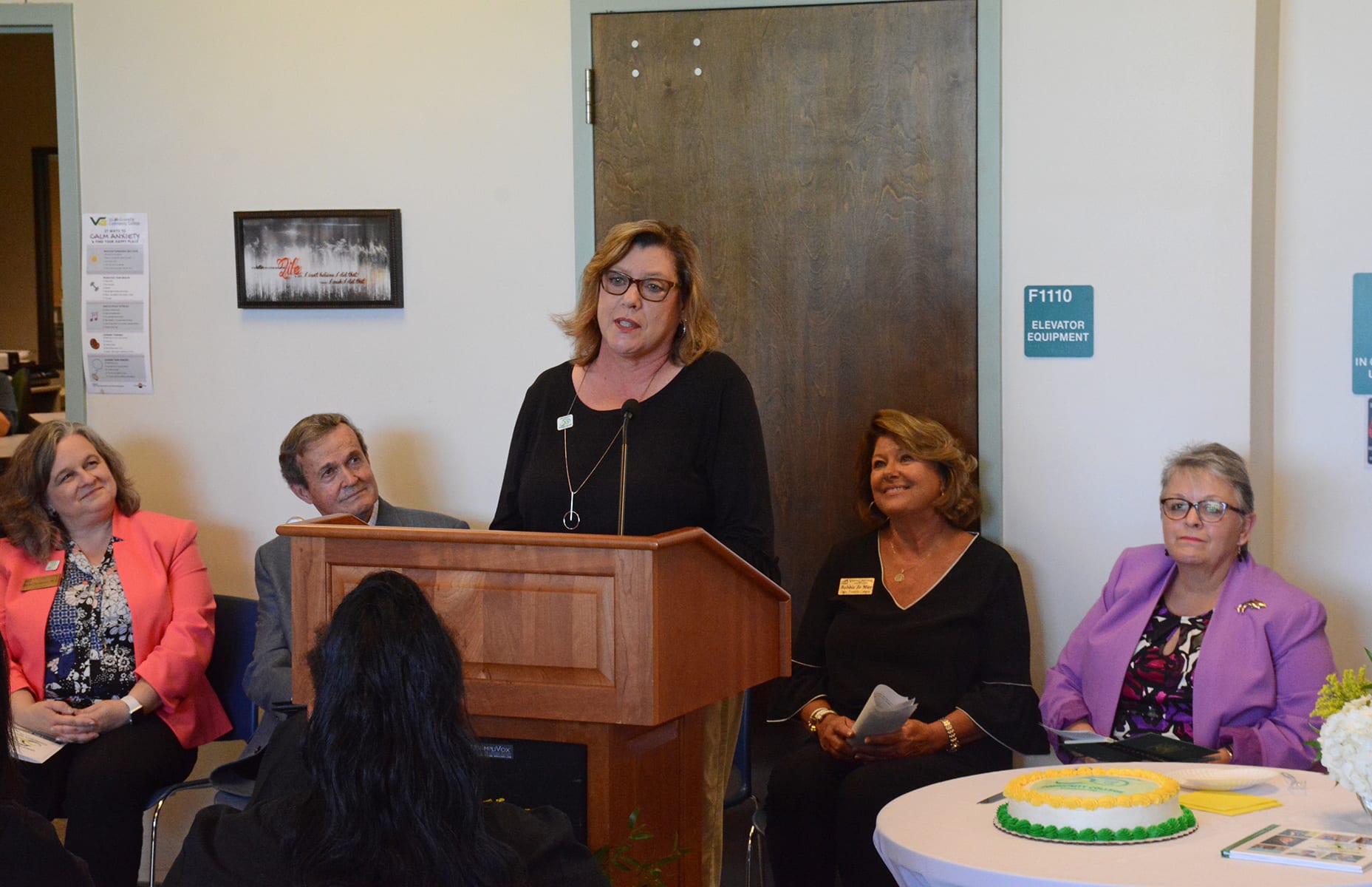100.1 FM / 1450 AM WIZS; Local News broadcasts M-F 8am, 12pm, 5pm
-Press Release, Franklin County Sheriff’s Office
Operation Impact
After a six-month investigation involving illegal drug activity in Franklin County, the Franklin County Sheriff’s Office Drug Unit has concluded Phase 1 of “Operation Impact.”
This operation focused on illegal drug activity in and around the Franklinton area of Franklin County. As a result of this investigation, 15 individuals on 86 charges have been arrested for drug-related activities. The individuals arrested during Operation Impact, are alleged to have been involved in selling illegal drugs in and around neighborhoods in the Franklinton area.
This investigation was part of a continued and on-going effort by the Franklin County Sheriff’s Office to identify, verify and investigate illegal drug activity occurring in Franklin County. The individuals arrested during this operation were identified by citizen complaints, law enforcement complaints and other intelligence-driven information received by the Sheriff’s Office.
Sheriff Kent Winstead stated, “Operation Impact is an effort to identify and arrest anyone who chooses to sell illegal drugs in our communities. Our strategy and our emphasis will continue to be making our communities safer. These arrests will help achieve that goal.”
The Franklin County Sheriff’s Office was assisted in this investigation by the Drug Enforcement Administration, the Franklinton Police Department and agents with North Carolina Alcohol Law Enforcement.
The investigation is ongoing and more arrests are expected.
The following arrests/charges are the result of Operation Impact: Phase 1
Stephon Lavare Perry, 31 years old, 583 Ballard Pruitt Road Franklinton, NC 27525 – PWISD Marijuana, Sell Marijuana, Maintain Veh/Dwell/Place CS
Bond $15,000 secured
Aaron Lloyd, 23 years old, 64 Mary Day Drive Louisburg, NC 27549 – 2 counts PWIMSD Cocaine, 2 counts Sell Cocaine, Maintain Veh/Dwell/Place CS
Bond $75,000 secured
Brendan Jerel Cannady, 32 years old, 205 Savage Street Franklinton, NC 27525 – 2 counts Sell Cocaine, 2 counts PWIMSD Cocaine, Maintain Veh/Dwell/Place CS
Bond $100,000 secured
Diquaz Javon Kearney-Crudup, 23 years old, 861 Hicks Road Youngsville, NC 27596 – PWISD Marijuana, Sell Marijuana, 2 counts Maintain Veh/Dwell/Place CS, Manuf/Sell/Deliver/Poss w/ intent CS w/ in 1000 ft of School, PWIMSD MDA/MDMA
Bond $50,000 secured
Jeffrey Thomas Rinker, 37 years old, 35 Poplar Creek Drive Franklinton, NC 27525 – Conspire to Sell Heroin
Bond $10,000 secured
Jami Lynn Massengill, 36 years old, 4820 Eagleroost Court Wake Forest, NC 27587 – Conspire Sell Heroin, Possess Heroin
Bond $20,000 secured
William Daniel McGhee, 37 years old, 3048 US 1 Hwy/Budget Inn Franklinton, NC 27525 – Conspire Sell Heroin
Bond $30,000 secured
Dwight Leon Garrett, 66 years old, 1307 Gordon Moore Road Franklinton, NC 27525 – PWIMSD Sch 11 CS, Sell Sch II CS, Maintain Veh/Dwell/Place CS
Bond $50,000 secured
Willie Burt Sneed, 60 years old, 807 Mitchell Avenue Franklinton, NC 27525 – 4 counts PWISD Cocaine, 4 counts Sell Cocaine, 4 counts Maintain Veh/Dwell Place CS
Bond $150,000 secured
Deshaun Lamont Williams, 46 years old, 120 Mark Street Franklinton, NC 27525 – 3 counts Sell Cocaine ,3 counts PWIMSD Sch Il CS, 3 counts Maintain Veh/Dwell/Place CS, Habitual Felon, Trafficking in Cocaine
Bond $500,000 secured
Bennie Lee Crudup, 43 years old, 101 W Green Street Franklinton, NC 27525 – 5 counts Sell Cocaine, 5 counts PWIMSD Cocaine, 3 counts Maintain Veh/Dwell/Place CS, 4 counts Manuf/Sell/Deliver/Poss w/ intent CS w/ in 1000 ft of School
Bond $250,000 secured
Michael Sills, 51 years old, 8 South Cheatham Street Franklinton, NC 27525 – 2 counts PWISD Cocaine, 2 counts Sell Cocaine, 2 counts Maintain Veh/Dwell/Place CS ,2 counts Manuf/Sell/Deliver/Poss w/ intent CS w/ in 1000 ft of School, Conspire Sell Cocaine, Habitual Felon
Bond $500,000 secured
Robert Dubois, 29 years old, 113 Old John Mitchell Road Youngsville, NC 27596 – Deliver Cocaine, PWISD Cocaine
Bond $2,000 secured
Renee Morgan, 29 years old, 35 Cambridge Drive Franklinton, NC 27525 –PWISD Cocaine, Sell Cocaine, Maintain Veh/Dwell/Place CS
Bond $ 60,000 secured
Terrance Vines, 39 years old, 40 Cambridge Drive Franklinton, NC 27525 – 2 counts PWISD Cocaine, 2 counts Sell Cocaine, 2 counts Maintain Veh/Dwell/Place CS
Bond $100,000 secured
For more information regarding this investigation, or to provide information regarding drug activity in your community, please contact Sergeant Ken Pike at (919) 496-2186.
Terry M. Wright, Chief of Staff

Michael Sills

Bennie Lee Crudup

Stephon Lavare Perry,

Willie Burt Sneed

William Daniel McGhee

Aaron Lloyd

Diquaz Javon Kearney-Crudup

Jami Lynn Massengill

Deshaun Lamont Williams

Brendan Jerel Cannady

Renee Morgan

Jeffrey Thomas Rinker

Robert Dubois

Dwight Leon Garrett

Terrance Vines




























